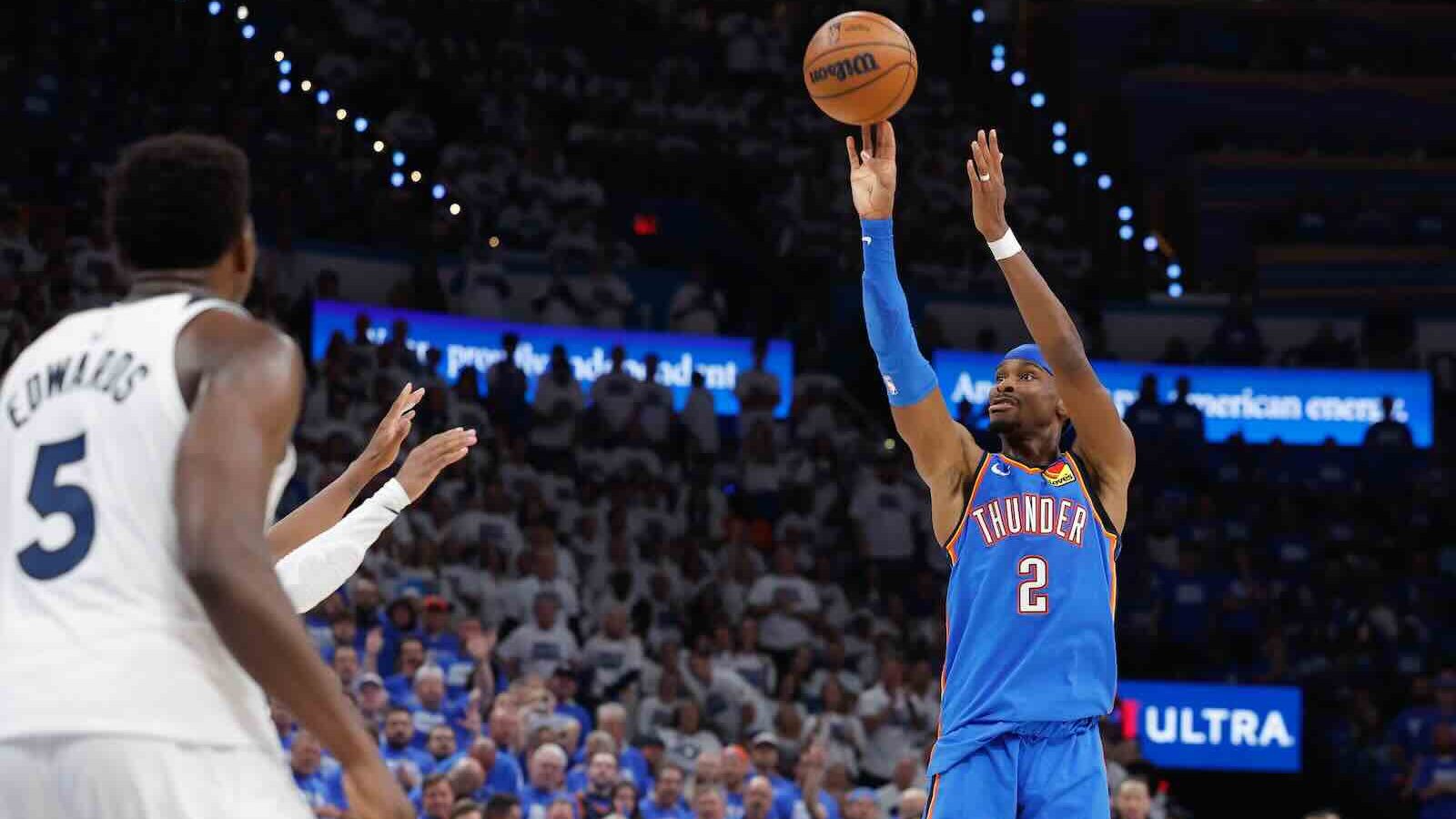You have come across this guy in the sportsbook.
He wears a weathered 1997 Hambletonian Stakes windbreaker and ambles around looking for someone to hear him out. With a disheveled appearance and carrying a rolled-up Daily Racing Form, he is eager to share his selection on the upcoming fourth race at Aqueduct to anyone in earshot.
Most likely, his opinion is valued by few, if any, fellow bettors nowadays. After all, it’s a lot easier for them to get every nugget of sports information from around the world to inform their wagers.
The main sources once were traditional outlets such as ESPN, but they are now challenged by a never-ending flow of newer forms of media that include social media posts. Throw a chip at your X feed, and you probably will hit a sports handicapper offering a play for tonight’s game.
YouTube certainly doesn’t lack content, both live and on-demand, that pitches betting advice. Over on Spotify and Apple, there is a seemingly infinite amount of betting podcasts.
There are also digital networks like VSiN with its sports betting content delivered via video, audio, and text. SportsGrid Radio and its syndicated stations are also in the mix.
For those who want to avoid the human element, they can download Juice Reel, Unabated, or similar apps for their phone.
Sports betting content has become part of mainstream media in this digital age.
Sharing information and insights on betting a sports event probably dates back to the most famous martial arts match in history, when someone in the crowd likely said, “Goliath looks stiff. Take the little guy and under 1.5 total stones.”
From whispers to ubiquity
During the subsequent centuries, info gradually became available, though at a slower pace until recent years. Before it proliferated, Billy Walters paid his runners to scour the Las Vegas airport for out-of-town newspapers that may provide information the Nevada books had yet to receive and lead to favorable odds on events.
Since the repeal of the Professional and Amateur Sports Protection Act (PASPA) in 2018, which paved the way for legalized sports gambling nationwide, the barriers to entry into the practice of sharing — or peddling — information and advice with a wide audience have never been lower.
It has enabled handicappers such as one known as The Real Mr. ACL to sell his picks to clients.
“Social media has been everything for us getting our name out there,” he said. “Before, it would have been taking out classified ads in newspapers, creating a 900 [phone] number, or being like Jim Feist getting on television or the Stardust radio network.”
Stephen Shapiro, a professor in the Department of Sport and Entertainment Management at South Carolina University, also referenced those ubiquitous 900 numbers when talking about how much the sports wagering media has grown in such a short period of time.
“There has always been interest in sports betting information; it just wasn’t as available as it is now,” said Shapiro. “There were those 900 numbers bettors would call, but now there are so many places to get it. All the sports betting talk these days is magnified, and that leads more people to consume it and bet.”
The Real Mr. ACL began tweeting out picks in 2013, then started monetizing them two years later and formed ACL Sports in 2020. He has since added The ACL Pod featuring Cappin Wags, available on all the major platforms.
Still he must constantly promote his brand while operating in a crowded marketplace with competitors trying various ways to carve out an audience.
“There’s no doubt the sports betting content space is oversaturated,” said Danny Burke, who has hosted and appeared on a number of programs. “Oversaturation always felt inevitable with the legalization of betting across the country, the ease of access, and the sheer entertainment factor.”
Developing a following among so many competitors of all varieties requires handicappers to embark on a Hunger Games — or Running Man, for older readers — process for survival. It starts with getting attention on social media, then luring eyes and ears to digital programming, podcasts, and other subscription services. Handicappers are squaring off against each other and more established brands.
One of the best-known brands is VSiN, which Brent Musburger and family members launched in 2017. The digital network successfully focused on sports betting content and delivered it to a national audience before the PASPA ruling well in advance of the legacy media outlets that had avoided the topic.
“I tune into VSiN a lot,” said a self- proclaimed active recreational bettor from Tennessee, Weston (@guyincornfields), who prefers going by just his first name and Twitter handle. “I get my sports betting information from them, Twitter, the occasional podcast or Twitch stream. I don’t watch any ESPN programming [for information].”
Newer entities such as DraftKings, FanDuel, and Caesars have come up with a formula in combining sports betting programming with betting at their national books. They can prime the pump to get more betting action on their sites. Their content is designed to motivate bettors, especially recreational ones, to make spur-of the-moment plays.
Jeff Michinok, who works full-time in the insurance industry, fits the common description of a sports fan who likes to wager on events. He actively peruses social media and lands on betting networks for a number of reasons.
“I like to look through social media for betting information or tune into shows, or VSiN, or a podcast because they can be entertaining,” said the Pennsylvania-based Michinok. “I also value insights about upcoming games that I can use as a bettor.”
Entertainment can come in many ways compared to the past: a pithy tweet, texts directly from a handicapper, a podcast with the same duration as an average morning commute, or an update of the traditional model of a radio/TV network.
“I want winners, but there needs to be more for me to listen in the car or at the gym,” Michonok said. “Give me some humor or, most of all, conversation and information I wouldn’t get otherwise.”
How preferred plays are communicated by hosts and guests is important in the programming of sports betting content.
“You shouldn’t need a flashy personality if the purpose is winning bets,” said Burke. “That said, if someone is not delivering results or providing valuable information and lacks engagement, it’s tough to justify bringing them back consistently.”
Mile wide and an inch deep
One possible factor for handicappers finding success with an audience is the number of games they focus on.
“I have a few guys I respect and trust, but if a person talks about every sport — MLB, NBA, NHL, etc. — during one show and gives out a bet or two for each, I doubt they have an edge,” said Weston.
Weston prefers tips via DMs from those he has interacted with on X who send him player props or futures along with detailed rationale.
While Weston’s and Michinok’s media usage exposes them to numerous betting tips per day, they try not to overextend themselves.
Shapiro said this type of mentality is important because an excess of available media content can lead some bettors to become overconfident with their wagers.
“I definitely don’t go heavy on all the betting tips I hear,” said Weston.
Source credibility is what drives Michinok’s selectivity.
“I bet less than 50% of the tips I hear about,” said Michinok. “I place more importance on a tip from someone who is on a heater or who rarely makes betting recommendations versus the people who seem to always be out there making picks and kind of acting like a clown about it.”
So if the guy at the sportsbook in the Hambletonian Stakes windbreaker is on a heater and isn’t acting like a clown, perhaps he, too, is worth a listen.






